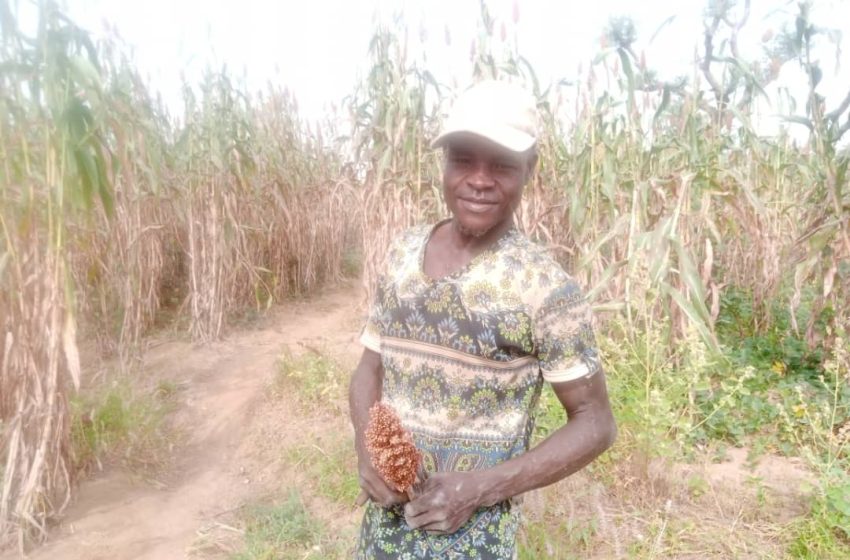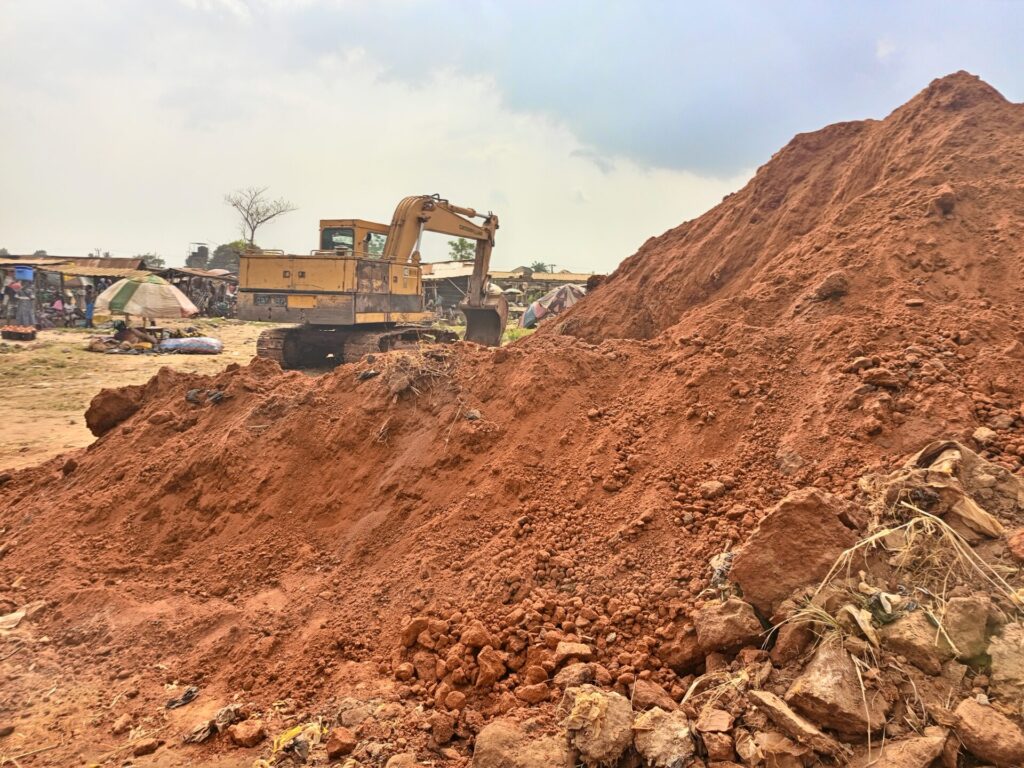Climate change: Extension workers intervene as Sokoto’s peasant farmers lament low farm yield

Sokoto farmer laments climate change effect on farm yield
At about 9:11 am on Monday, Malam Abubakar Banda, a local farmer in Lugga Village, Dange Shuni Local Government Area of Sokoto State, started harvesting his farm produce.
But unlike in the past, he was disappointed by the output.
“The farm produce I harvested this year is just 50% compared to what I previously produced from my farmland, I think this is as a result of shortage of rainfall and climate changes,” he lamented.
Abubakar was livid as he narrated the impact of climate change on his farm yield.
Apart from insecurity bedeviling the region, climate change is another major challenge affecting many peasant farmers in Nigeria’s northwest.
This affects crop productivity as well as low crop yield and soil fertility due to less sufficient water in the soil.
It also causes increased soil erosion and spread of pests.
Although Rainfall in Nigeria is experienced throughout the year, with most significant rainfall occur from April to October followed by minimal rainfall from November through March.
In Sokoto, rainfall lasts through a period of three to four months usually from (June-September). Due to climate change, however, the situation has deteriorated with lesser rainfalls experienced than in previous years.
A vegetable farmer, Anas Umar, said the situation is getting out of control.
“Actually due to the climate changes being experienced, alot has been affected and tempered with especially our sources of livelihood,” Umar said.
“Prior to now, the world was under our feet, we sold our numerous farm produce like Tomatoes, Pepper, Okra, vegetables amongst others worth thousands of naira, take a look at the situation we’re in now.
“I don’t think it’ll be easy to get back to our incomes or even capital as at when we experienced the good days”.
How extension workers give services to farmers
Responding to the climate change situation in the state, acting coordinator of Agricultural Development Project (SADP) in Sokoto, Malami Abubakar Magaji, said the situation did not happen without a cause.
He said it was a gradual process that took place which they tried to avert by sensitising and encouraging farmers to embrace new methods and improved seeds for farming.

“Most of our farmers use local varieties, which is known to have low resistant to pest, some environmental factors such as heat and diseases, and in these regard we most times advice farmers to go for improved varieties, which are so easy to use and most times have shorter duration for yield, are resistant to certain pest and diseases and very high in productivity (return after harvest),” he said.
He further advised farmers to make use of the knowledge extension workers taught them to achieve their desired farm yield.
“The Agric extension workers program was designed to guide the farmers on ways to improve their farm products and outcome”.
On his part, Aliyu Isa Samama, the National President of Onion Farmers, Producers and Marketers Association of Nigeria (NOPPMAN), called on the Nigerian Meteorological Agency (NiMett) to provide yearly weather forecast early to enable farmers plan appropriately
The renowned Agric extension service provider also advocated deployment of more extension workers to communities so that farmers can be well informed and guided on seed varieties to be used.

“It’s not too late for government to provide seed varieties that suits the weather to farmers and information on weather forecast for the year,” he said.
“The dry season is approaching, so government should support with improved varieties so that farmers can support the economy through reductions of food inflation rate when surficient food is available and to halt the demerit of climate changes”.
By Aminu Alhussaini


